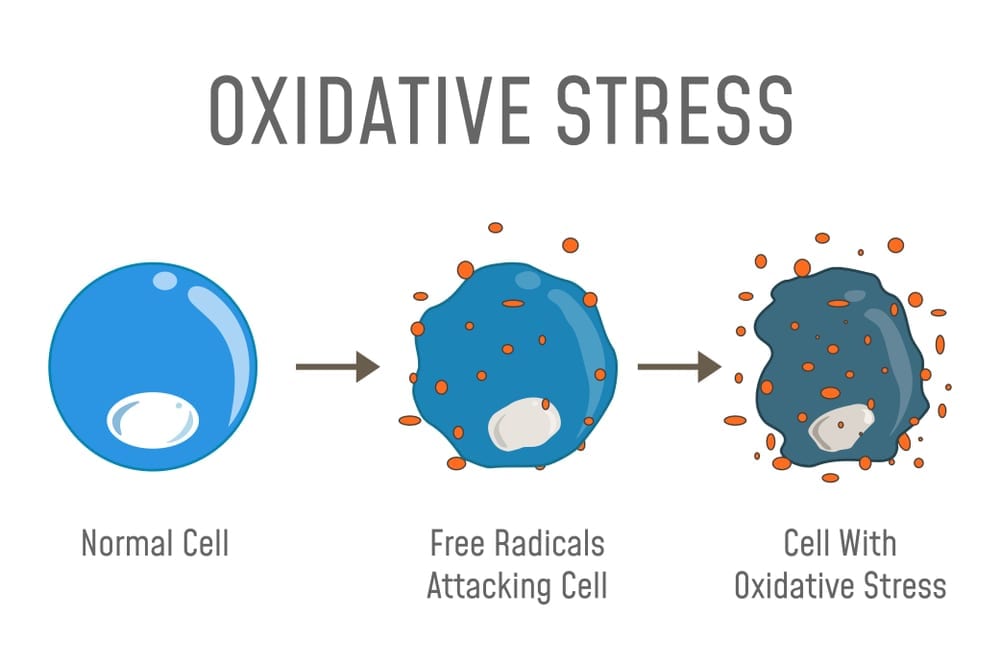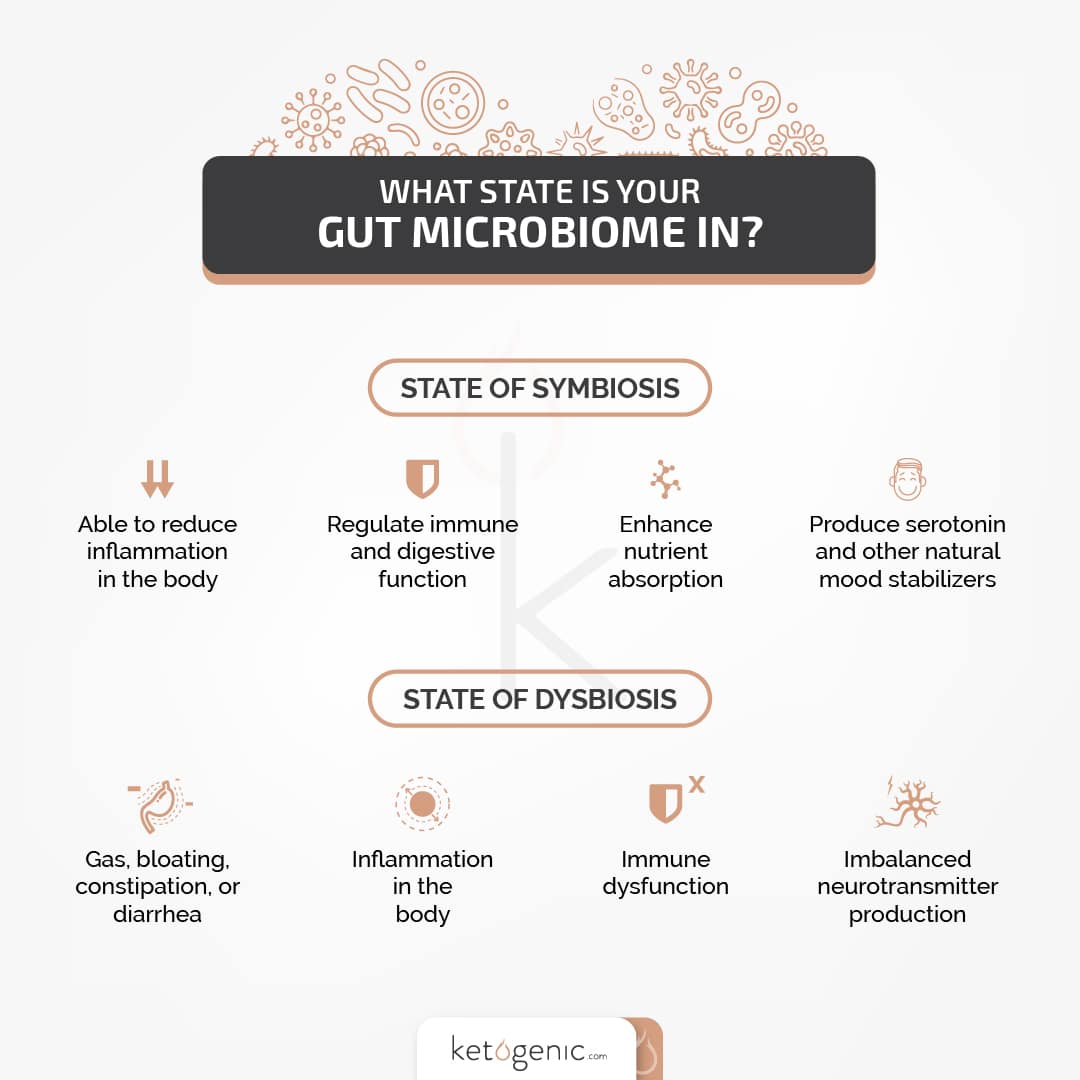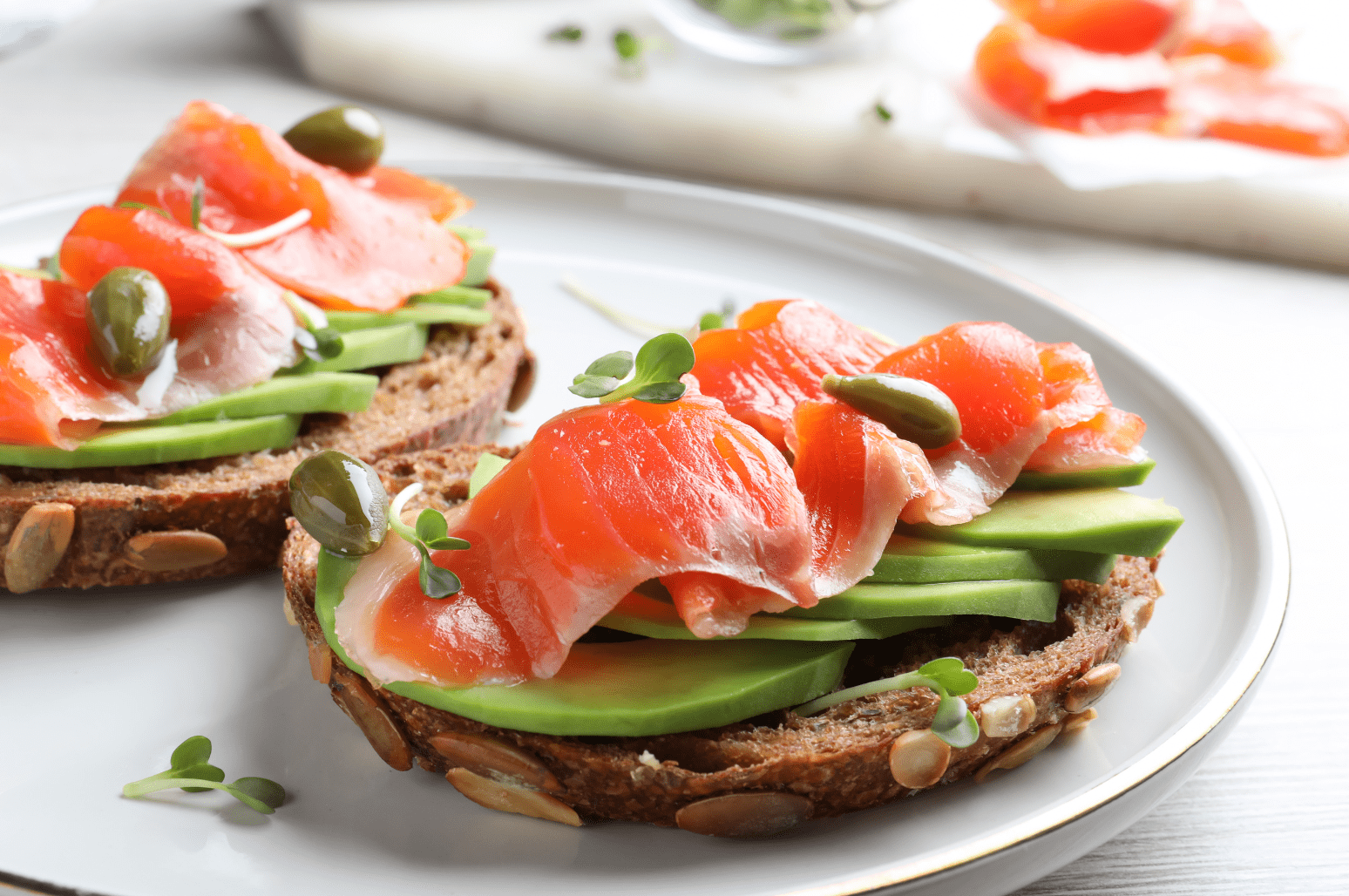Benefits of Walnuts: 5 Reasons to Eat Walnuts on Keto

Key Takeaways:
- Walnuts have numerous health benefits due to their micronutrient density.
- Walnuts are a rich source of omega-3 fatty acids, vitamin E, and phytonutrients.
- Walnuts have approximately 2g of net carbs, 18g of fat, and 4g of protein per 1 oz.
Nuts and seeds are some of the most versatile whole foods you can have. They can be eaten alone, added to a salad, blended into a smoothie, sprinkled into brownie batter, and so on. This versatility coupled with their macronutrients makes them an ideal ketogenic snack. Most nuts and seeds have a low-carbohydrate count, while still providing healthy fats, a moderate amount of protein, and plenty of micronutrients.
Not all nuts and seeds are created equal, though. Some are considered more ketogenic friendly than others, and some are more nutrient-dense than others. Walnuts, in particular, are not only a high-fat, low-carb nut but they are rich in vitamins and minerals that have numerous benefits for your health.
Benefits of Walnuts

1) Ketogenic Macronutrients
Walnuts are a great ketogenic snack! They contain approximately 18g of fat, 4g of protein, and 2g of net carbs per 1 oz.
2) High in Antioxidants
Did you know that walnuts have more antioxidants than any other nut? [1] [2]Walnuts are rich in vitamin E, a powerful antioxidant. The skin of walnuts is also rich in polyphenols, a type of phytonutrient that functions as an antioxidant. These antioxidants help protect the body from cellular damage. [3]
3) Improves Cardiovascular Health
LDL cholesterol gets a bad rep for causing atherosclerosis (clogging/blocking the arteries and leading to heart attacks), but oxidized LDL is what is actually prone to build up within the arterial walls. Since walnuts contain potent anti-oxidants, research shows that walnut consumption can lower LDL oxidation and thus reduce the likelihood of plaque build-up/formation. [4] [5]
4) Rich Source of Omega-3 Fatty Acids
Walnuts are not only rich in omega-3 fatty acids, but they actually contain more than any other nut! [6]This is great news for keto vegetarians or vegans who are looking for a plant-derived source of omega-3 (most omega-3 fatty acids are from fish). The specific type of omega-3 that is found in walnuts is called alpha-linolenic acid, or ALA. ALA not only functions as an antioxidant, but has also been shown to improve conditions like inflammation, diabetes, Alzheimer’s disease, and even cancer! [7] [8] [9]
5) Improves Gut Health & Inflammation
In recent years, we have begun to understand the substantial role that the gut microbiome plays in overall health hand disease outcomes. Having healthy gut bacteria is a key part of general health, and walnuts have been shown to increase the population of health-promoting bacteria. Whatsmore, walnuts have been specifically shown to increase butyrate-producing bacteria. [10] If you’re on a ketogenic diet, butyrate might sound familiar (think beta-hydroxybutyrate, the main ketone produced within the human body). Butyrate is a short-chain fatty acid that exhibits potent anti-inflammatory effects. In addition to improving inflammation, butyrate has also been shown to improve sleep, insulin resistance, genetic metabolic diseases, and cholesterol levels. [11] [12] [13] [14]

How Can You Incorporate Walnuts on Keto?
- Eat them alone or try tossing them in olive oil and spices
- Top your salad with walnuts
- Kickstart your day with keto granola
- Sprinkle them in keto brownie batter
- Try nutty keto fudge
- Make keto pudding cookies
Conclusions About the Benefits of Walnuts
There are many reasons why you should consider incorporating these nuts into your ketogenic diet! Key benefits of walnuts include their ability to reduce oxidation and improve cardiovascular health, improve gut health and inflammation, and serve as a rich source of essential vitamins and minerals. Walnuts are low in carbohydrates and high in fat, making them a keto-friendly staple!
Do You Eat Walnuts on the Keto Diet?
Comment below and let us know how you incorporate walnuts into your diet!
References
Bi D, Zhao Y, Jiang R, et al. Phytochemistry, Bioactivity and Potential Impact on Health of Juglans: the Original Plant of Walnut. Nat Prod Commun. 2016;11(6):869?880.
Yin TP, Cai L, Chen Y, et al. Tannins and Antioxidant Activities of the Walnut (Juglans regia) Pellicle.Nat Prod Commun. 2015;10(12):2141?2144.
Sánchez-González C, Ciudad CJ, Noé V, Izquierdo-Pulido M. Health benefits of walnut polyphenols: An exploration beyond their lipid profile. Crit Rev Food Sci Nutr. 2017;57(16):3373?3383. doi:10.1080/10408398.2015.1126218
Haddad EH, Gaban-Chong N, Oda K, Sabaté J. Effect of a walnut meal on postprandial oxidative stress and antioxidants in healthy individuals. Nutr J. 2014;13:4. Published 2014 Jan 10. doi:10.1186/1475-2891-13-4
Sánchez-González C, Ciudad CJ, Noé V, Izquierdo-Pulido M. Health benefits of walnut polyphenols: An exploration beyond their lipid profile. Crit Rev Food Sci Nutr. 2017;57(16):3373?3383. doi:10.1080/10408398.2015.1126218
Hayes D, Angove MJ, Tucci J, Dennis C. Walnuts (Juglans regia) Chemical Composition and Research in Human Health. Crit Rev Food Sci Nutr. 2016;56(8):1231?1241. doi:10.1080/10408398.2012.760516
Salehi, B., Berkay Y?lmaz, Y., Antika, G., Boyunegmez Tumer, T., Fawzi Mahomoodally, M., Lobine, D., Akram, M., Riaz, M., Capanoglu, E., Sharopov, F., Martins, N., Cho, W. C., & Sharifi-Rad, J. (2019).Insights on the Use of ?-Lipoic Acid for Therapeutic Purposes. Biomolecules, 9(8), 356. https://doi.org/10.3390/biom9080356
Akbari, M., Ostadmohammadi, V., Tabrizi, R., Mobini, M., Lankarani, K. B., Moosazadeh, M., Heydari, S. T., Chamani, M., Kolahdooz, F., & Asemi, Z. (2018). The effects of alpha-lipoic acid supplementation on inflammatory markers among patients with metabolic syndrome and related disorders: a systematic review and meta-analysis of randomized controlled trials.Nutrition & metabolism, 15, 39. https://doi.org/10.1186/s12986-018-0274-y
Shay, K. P., Moreau, R. F., Smith, E. J., Smith, A. R., & Hagen, T. M. (2009). Alpha-lipoic acid as a dietary supplement: molecular mechanisms and therapeutic potential. Biochimica et biophysica acta, 1790(10), 1149–1160. https://doi.org/10.1016/j.bbagen.2009.07.026
Holscher, H. D., Guetterman, H. M., Swanson, K. S., An, R., Matthan, N. R., Lichtenstein, A. H., Novotny, J. A., & Baer, D. J. (2018). Walnut Consumption Alters the Gastrointestinal Microbiota, Microbially Derived Secondary Bile Acids, and Health Markers in Healthy Adults: A Randomized Controlled Trial. The Journal of nutrition, 148(6), 861–867. https://doi.org/10.1093/jn/nxy004
Canani, R. B., Costanzo, M. D., Leone, L., Pedata, M., Meli, R., & Calignano, A. (2011). Potential beneficial effects of butyrate in intestinal and extraintestinal diseases. World journal of gastroenterology, 17(12), 1519–1528. https://doi.org/10.3748/wjg.v17.i12.1519
Meijer K, de Vos P, Priebe MG. Butyrate and other short-chain fatty acids as modulators of immunity: what relevance for health?. Curr Opin Clin Nutr Metab Care. 2010;13(6):715?721. doi:10.1097/MCO.0b013e32833eebe5
Cleophas, M., Ratter, J. M., Bekkering, S., Quintin, J., Schraa, K., Stroes, E. S., Netea, M. G., & Joosten, L. (2019).Effects of oral butyrate supplementation on inflammatory potential of circulating peripheral blood mononuclear cells in healthy and obese males.Scientific reports, 9(1), 775. https://doi.org/10.1038/s41598-018-37246-7
Szentirmai, É., Millican, N. S., Massie, A. R., & Kapás, L. (2019). Butyrate, a metabolite of intestinal bacteria, enhances sleep. Scientific reports, 9(1), 7035. https://doi.org/10.1038/s41598-019-43502-1









